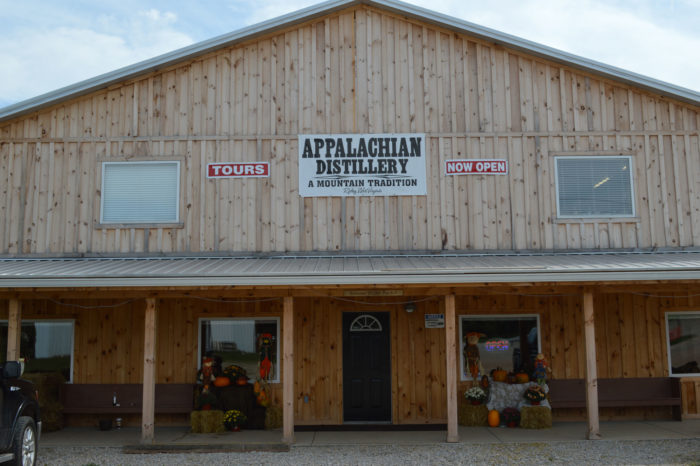Instead of the smooth taste and warm amber color of bourbon aged in charred oak barrels, Appalachian Distillery is dispensing bottles of hand sanitizer. The switch is a temporary measure to support the fight against the coronavirus pandemic.
The family-owned distillery in Ripley, West Virginia, normally produces premium whiskey, bourbon and 11 flavors of legal moonshine. Owner Dwayne Freeman was happy to have customers view the 10,000 square foot state-of-the-art distillery where the sour mash whiskey was crafted. The daily tours and tastings attracted visitors and locals alike.
COVID-19 puts community and economy at risk
Although sales of spirits carry on, the restrictions of social distancing have put the convivial gatherings on hold.
Health officials emphasized the importance of hand hygiene in combating the spread of the COVID-19 contagion. Soon, even medical professionals faced shortages of hand sanitizer.
In response, the Food and Drug Administration issued a temporary policy easing regulations on “alcohol-based hand sanitizer products during the public health emergency.”
Supporting public health and community spirits
Freeman, who had a degree in business management and a background handling special projects, realized his extra alcohol and equipment could temporarily serve a new purpose. He purchased the other recommended supplies needed and set to work.
Freeman converted the system to produce and bottle hand sanitizer. He and his family pitched in, working up to 10 hours a day in the labor-intensive process.
Media coverage, social media and word of mouth spread the news that the distillery had cooked up a batch of alcohol-based sanitizer. Freeman was soon serving the requests from medical workers and private individuals.
To conserve limited supplies, Appalachian Distillery donated up to 10 bottles per person during the first rush. Those who wanted requested additional supplies for family or organizations paid a nominal amount to help cover costs. Currently, the company limits quantities to six bottles per customer.
“We just wanted to help the community,” Freeman said. “Things were pretty hectic. There was a need and we wanted to help fill it.”
